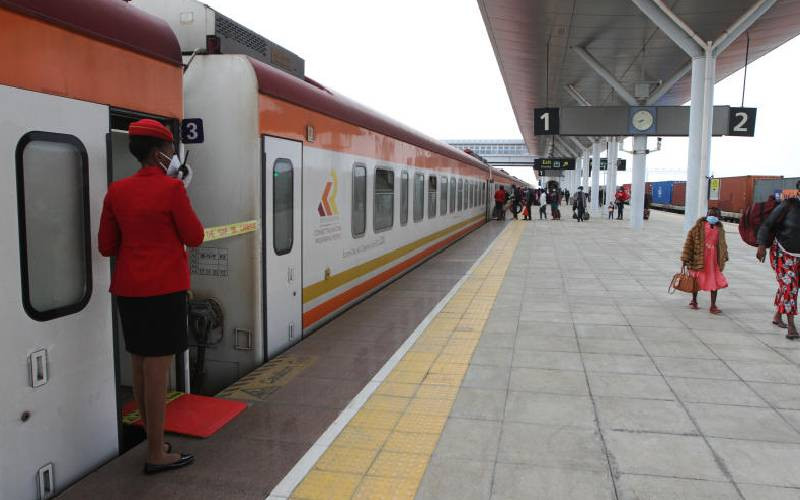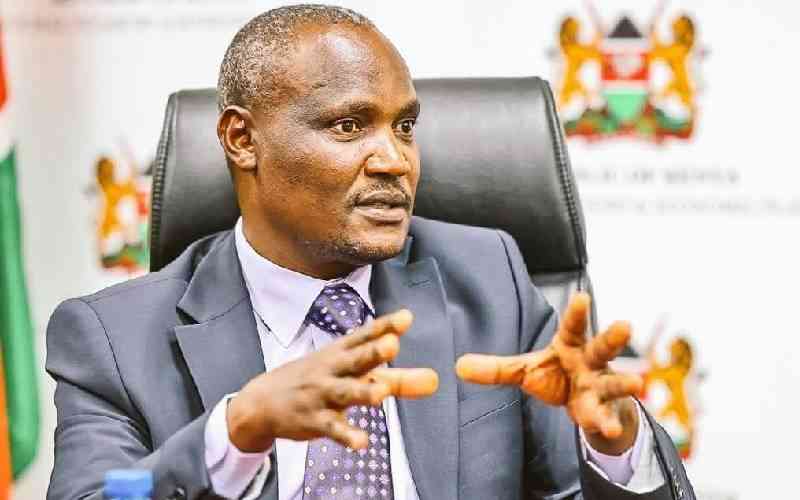×
The Standard e-Paper
Fearless, Trusted News
By DANN MWANGI
Chapter 16 of the Kenyan Constitution 2010 elaborates how the document can be amended. This chapter must have been put in place by the drafters of the Constitution upon realisation that the supreme law is not cast in stone. That the clamour to change sections of the law would arise in future.







